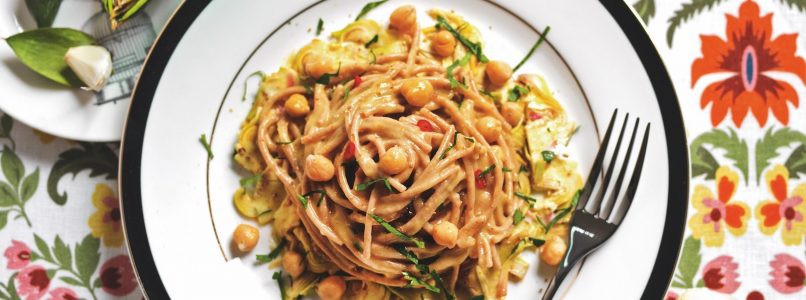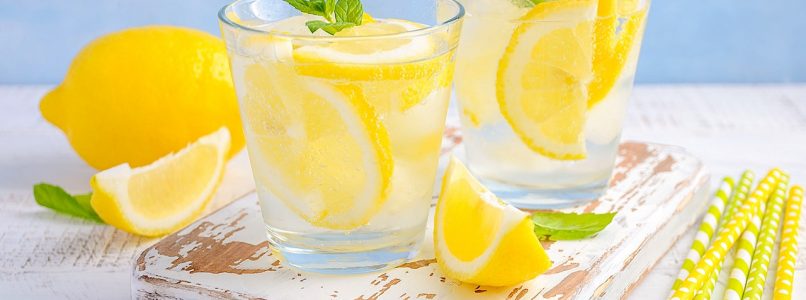Quinoa (cooked)
Total protein: 8 grams per cup
Quinoa is a herbaceous plant belonging to the same family as spinach and beetroot, and is native to South America.
This popular health food is rich in protein, fibre, antioxidants and minerals, cooks in just 15 minutes and is great as a base for salads enriched with vegetables and avocado, or for making into veggie burgers or soups.
Pistachios
Total protein: 20.27 grams per 100 grams.
Pistachios are seeds of the pistachio plant with antioxidant properties and in addition to proteins they guarantee the intake of precious mineral salts such as calcium, phosphorus, potassium and iron and vitamins E, B1 and B6.
Excellent to taste, they lend themselves to sweet recipes such as cakes, pastries or spreads, but also savory in the form of sauces for first courses or in grains for second courses of meat or fish. Also excellent in salads.
Almonds
Total protein: 21.22 grams per 100 grams.
The almonds they are delicious and nutritious seeds and in addition to being an excellent source of protein, they contain healthy fats, vitamin E and antioxidants. To obtain as many nutrients as possible from these elements, it is best to eat them with the peel intact.
Mainly used as an ingredient for desserts, they can however also accompany many savory dishes or be eaten alone as a snack.
Brussels sprouts (raw)
Total protein: 4.2 grams per 100 grams.
Brussels sprouts or sprouts are a slightly bitter vegetable and for this reason little loved by children, but with high nutritional power. They can be eaten roasted, steamed or even chopped in salads.
Chia seeds (raw dried)
Total protein: 16.5 grams per 100 grams.
These tiny black seeds are part of the superfood family because even in small quantities they contain lots of protein, fiber, Omega 3 fatty acids and other nutrients. Excellent for breakfast together with yogurt or as a base for porridge, they can also be used to make healthy desserts such as puddings or added to salads or second courses.
Potatoes (raw)
Total protein: 2 grams per 100 grams.
Potatoes are a key element of Mediterranean diet precisely because of their highly beneficial properties. Excellent source of protein, they also contain vitamins C and B-6 and potassium. There are many recipes that can be made with this tuber, all very tasty and healthy, with the exception of the fried ones.
Broccoli (raw)
Total protein: 3 grams per 100 grams.
Broccoli is a panacea for health and in addition to proteins, it provides the body with fibre, vitamins K and C and many other nutrients. They can be eaten boiled with a drizzle of olive oil, or as a condiment for first courses or, blended, in the form of cream soup.
Our 15 vegetable protein recipes
Of our 15 vegetable protein-based recipes, 4 have vegetable protein as the main ingredient, together with the addition of animal products (eggs, cheese…) to thicken. The other 11, however, are entirely plant-based.


